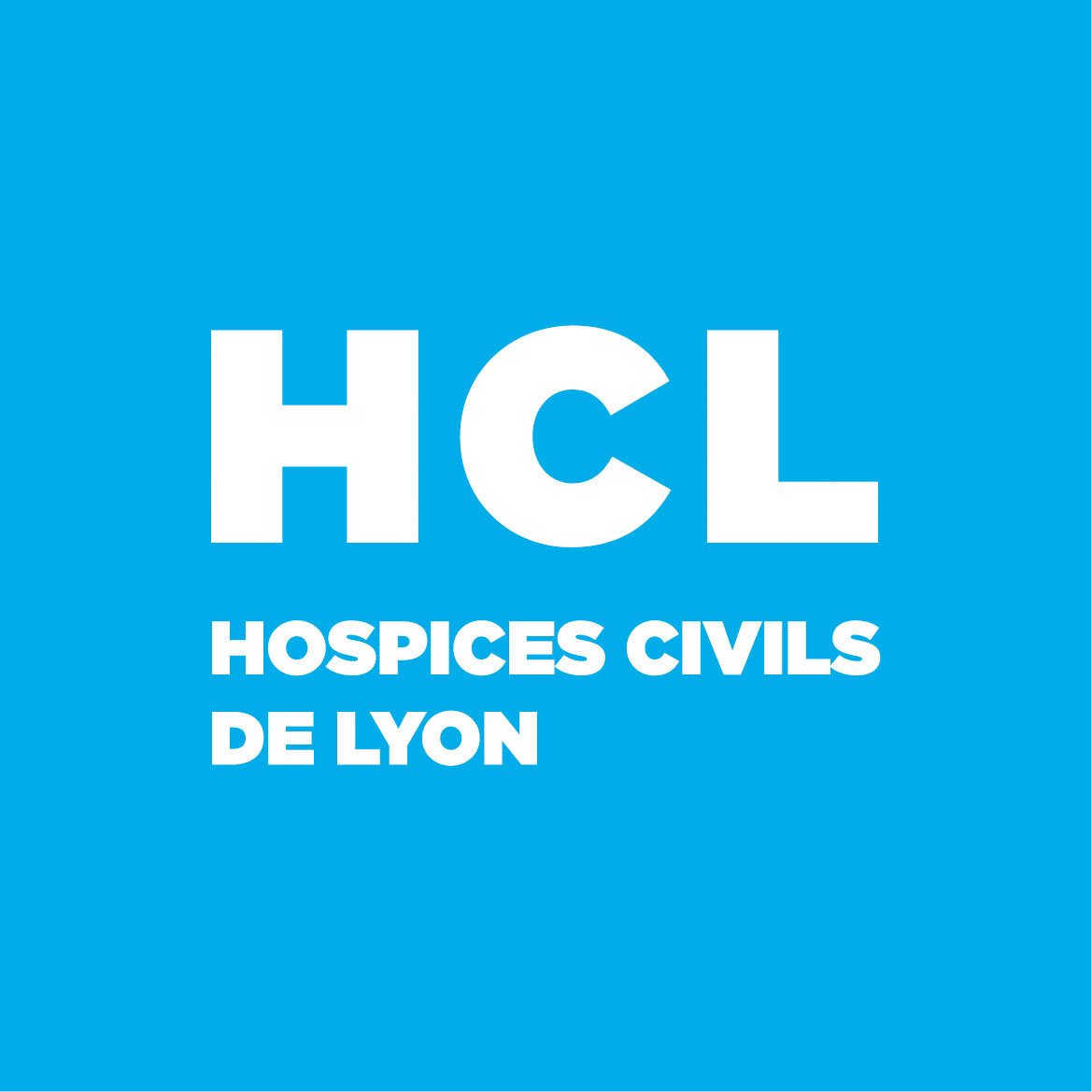Messenger RNA expression of major histocompatibility complex class II genes in whole blood from septic shock patients*
Résumé
Objective: The decreased expression of human leukocyte antigen (HLA)-DR on monocytes is proposed as a major feature of sepsis-induced immunodepression. The objective of the present study was to investigate, in whole blood from septic shock patients, the messenger RNA (mRNA) expression of a gene panel, which is essential to ensure major histocompatibility complex class II protein structure, transport, and peptide loading.
Design: The authors conducted a cohort study.
Setting: This study was conducted in intensive care units at a university hospital.
Subjects: The study included septic shock patients (n = 41) and healthy volunteers (n = 15).
Measurements and Main Results: Using quantitative reverse transcriptase–polymerase chain reaction, we found that the highly polymorphic HLA-DRB1 and nonpolymorphic-DRA mRNA levels were significantly decreased in whole blood from patients with septic shock compared with healthy volunteer both on days 1–3 and 4–10 after the onset of shock. This profile was also observed for genes encoding the invariant chain, the transcription factor class II transactivator (CIITA), and the enzymes involved in the peptide loading cathepsin S, HLA-DMA, and -DMB. The monocyte surface expression of HLA-DR measured by flow cytometry was significantly correlated with the whole-blood mRNA levels of HLA-DRB1 and -DRA and to a lesser extent with the other CIITAregulated genes HLA-DMA and invariant chain. The correlation between HLA-DRB mRNA and cell-surface expression levels was also observed in a small subset of purified monocyte samples. Regarding the temporal relationship, a significant increase of whole-blood HLA-DRA, -DMA, -DMB, invariant chain, and CIITA mRNA level was observed in survivors (p = .001), whereas expressions remained low in nonsurvivors.
Conclusions: A global transcriptional down regulation of agene panel required for MHC II-restricted antigen presentation may occur in the course of septic shock. Our results suggest that the transcriptional resumption of CIITA-regulated genes might contribute to the recovery of membrane HLA-DR expression observed in survivors. These results obtained at the mRNA level support previous reports describing the loss of monocyte HLA-DR
at the protein level and thus confirm the potential of measuring monocyte HLA-DR in septic patient followup.
| Origine | Fichiers produits par l'(les) auteur(s) |
|---|
